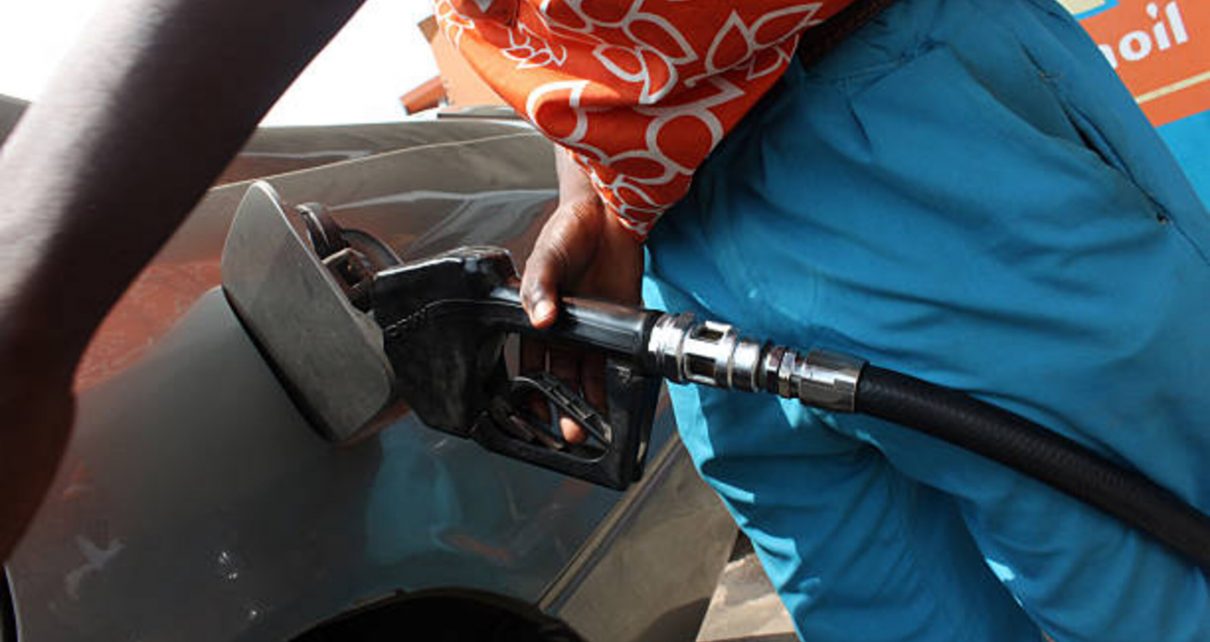Nigerian interest payments, along with those in many other sub-Saharan African countries, have been on an alarming rise. This surge in interest payments has outpaced critical areas of public spending, including health, education, and investment. As a result, the International Monetary Fund (IMF) has issued a strong call for African policymakers to undertake significant fiscal measures to address the burgeoning debt crisis and the adverse economic consequences it presents.
The region has been beset by a series of economic shocks since 2020, including the COVID-19 pandemic, geopolitical events like Russia’s invasion of Ukraine, and increasing U.S. interest rates. These challenges have left cash-strapped governments grappling with complex financial and political dilemmas.
However, the IMF’s proposed prescriptions, detailed during its annual meetings, are often challenging to implement. Countries like Ghana, which defaulted on its debts last year, and Kenya, which faces the daunting task of repaying or refinancing a $2 billion international bond by next June, have already witnessed violent protests in response to tax hikes and the removal of subsidies.
Moreover, the debt-to-GDP ratio in the region, which has doubled to 60% over the past decade, could escalate by an additional 10 percentage points in the next five years if fiscal trends remain unchanged, as per an IMF report.
“We’re doing our utmost to avoid this being a period of… spending on health and education being harmed,” said Abebe Selassie, the IMF’s African department director. “The danger that I see, if the financing squeeze persists, is exactly that that would happen.”
Many African governments are being forced to trim their budgets at a time when the continent’s booming population and the impacts of climate change necessitate increased public spending. Kenya, for example, has recently mandated government departments to cut 10% of their operational budgets for the fiscal year ending in June 2024.
Oil-dependent countries like Angola, where crude production has fallen short of expectations, are facing extreme austerity measures to manage their finances effectively. Governments are freezing or cutting expenditures to ensure they can continue servicing their debt obligations and pay salaries, thus maintaining the country’s basic functioning.
Interest payments in developing countries have surged faster than public spending on vital sectors, as highlighted in a United Nations Global Crisis Response Group report from July. In sub-Saharan Africa, the ratio of debt interest payments to government revenues, standing at approximately 10.5%, has more than doubled over the last decade and is about three times that of developed countries, according to the IMF.
The challenge extends beyond rising interest payments; high-interest rates have made refinancing debt prohibitively expensive for most African countries and have led to currency devaluation against the U.S. dollar.
Oxfam International has projected that public spending in real terms may decline over the next five years in 26 sub-Saharan African countries. This potential drop in funding for education and other critical areas could hinder economic development and human capital growth.
In response to the IMF’s recommendations, some governments have begun to cut fossil fuel subsidies, which the fund argues disproportionately benefits wealthier individuals. Countries like Senegal, Angola, and Nigeria have initiated the process of reducing these subsidies, although this has not been without challenges, sparking protests and raising concerns about social unrest.
As African governments grapple with these complex fiscal dilemmas, they must navigate a delicate balance between debt management, social investment, and economic stability. The path forward involves making difficult choices to secure the future of their nations. (with ReUTERS report)



